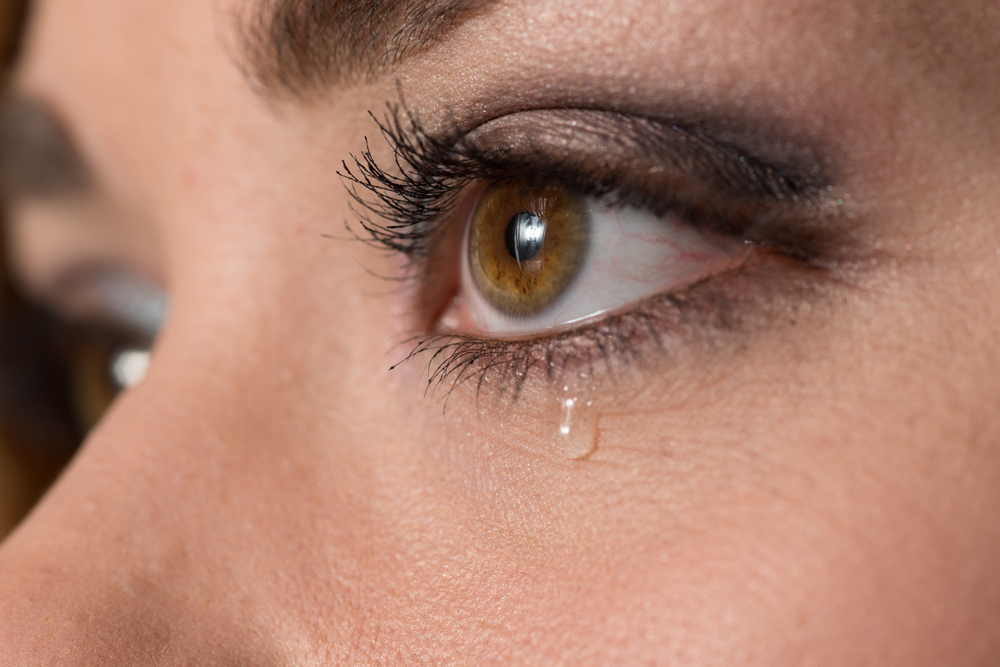By: Beth Biedrzycki, Pharm. D., BCGP at Personal Care Medical Associates
Like many Americans I routinely turn on the evening news after work to catch on the day’s events. It used to be something I would have on in the background while preparing dinner for my family. Lately, I have found myself glued to stories that are heartbreaking and scary. These negative experiences can affect our emotional health leading to feelings of sadness, stress and anxiety. They may also impact our physical health as well.
Our bodies respond to the way we think, feel and act. When we are anxious or stressed, our bodies react in a way to tell us something is not right. For example, you may develop high blood pressure or a stomach ulcer when confronted with a particularly stressful event. In addition, poor emotional health can also weaken our immune systems. A weakened immune system can increase the likelihood of getting colds or other infections during stressful times. Also, when we are anxious or upset, we may not take care of our health like we should by not eating healthy foods or skipping regular exercise. Stress can cause even more severe negative behaviors such as excessive alcohol or drug use.
If you notice that your emotional health may be affecting your physical wellbeing it is time to consult your doctor. Some symptoms could include headaches, high blood pressure, changes in appetite, tiredness, heart racing, upset stomach or shortness of breath. It may feel awkward talking about your feelings with your doctor, but your emotional health cannot be assessed just looking at you. Be honest with your doctor. After ruling out other health problems that may cause your, symptoms your healthcare team can approach both your physical health and emotional health.
Emotional health can be very empowering. There are many ways we can take control by making small changes in our lives. First, it is important to develop resilience, which is our ability to bounce back from the stressors and anxieties that plague us every day. Resilience can be found not only within ourselves, but within a strong support system of friends, family and caregivers around you. Surrounding yourself with people that build you up will encourage you to stay positive in difficult circumstances.
Second, find balance. There will be many outside influences that cannot control, like the images on the nightly news, but to balance it, look for the things in your life you can be grateful for. Keep track of the things that bring you joy and peace and reflect on them when you start to feel anxious and stressed. You may also find that you can let go of the things that overwhelm you to make time for things you enjoy.
When the physical symptoms of anxiety and stress start, you can take back control by calming the mind and body will follow. Remember that mind/body connection? You may try listening to music or meditating. Classes in relaxation, such as yoga, teach you how to connect your mind and body. Simple stretching techniques and deep breathing can help guide our thoughts in a positive direction.
The mind/body connection is very powerful. While we cannot escape all of the things that cause us anxiety or stress, it is essential for our total wellbeing to recognize the things we can control. For me, it will be shutting off the television and choosing music instead and an extra hug with my kids at night. How about you?
The posted materials are provided for general informational purposes only and reflects personal opinion. This blog is not designed to, and should not be construed to, provide medical advice, professional diagnosis, opinion or treatment to you or any other individual, and is not intended as a substitute for medical or professional care and treatment. Never disregard medical or professional advice, or delay seeking it, because of something you read in this blog.

